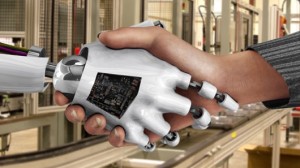
Ray Bradbury, one of the most influential and prolific science fiction writers of all time, has had a lasting impact on a broad array of entertainment culture. In his canon of books, Bradbury often emphasized exploring human psychology to create tension in his stories, which left the more fantastical elements lurking just below the surface. Many of his works have been adapted for movies, comic books, television, and the stage, and the themes he explores continue to resonate with audiences today. The notable 1966 classic film Fahrenheit 451 perfectly captured the definition of a futuristic dystopia, for example, while the eponymous television series he penned, The Ray Bradbury Theatre, is an anthology of science fiction stories and teleplays whose themes greatly represented Bradbury’s signature style. ScriptPhD.com was privileged to cover one of Ray Bradbury’s last appearances at San Diego Comic-Con, just prior to his death, where he discussed everything from his disdain for the Internet to his prescient premonitions of many technological advances to his steadfast support for the necessity of space exploration. In the special guest post below, we explore how the latest Bradbury adapataion, the new television show The Whispers, continues his enduring legacy of psychological and sci-fi suspense.
Continue reading Guest Post: Ray Bradbury Still Alive Through “The Whispers”


